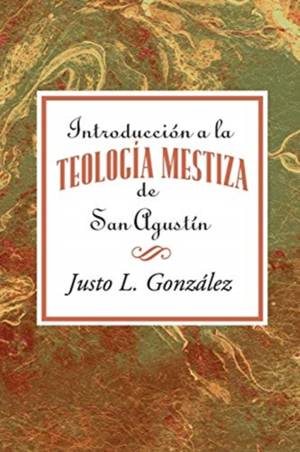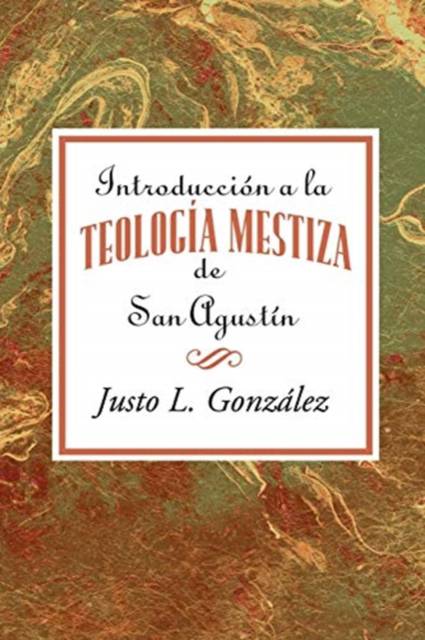
Bedankt voor het vertrouwen het afgelopen jaar! Om jou te bedanken bieden we GRATIS verzending (in België) aan op alles gedurende de hele maand januari.
- Afhalen na 1 uur in een winkel met voorraad
- In januari gratis thuislevering in België
- Ruim aanbod met 7 miljoen producten
Bedankt voor het vertrouwen het afgelopen jaar! Om jou te bedanken bieden we GRATIS verzending (in België) aan op alles gedurende de hele maand januari.
- Afhalen na 1 uur in een winkel met voorraad
- In januari gratis thuislevering in België
- Ruim aanbod met 7 miljoen producten
Zoeken
€ 30,95
+ 61 punten
Omschrijving
Aparte de los autores del Nuevo Testamento, ningún escritor ni pensador cristiano ha dejado en la vida y pensamiento de la iglesia a través de los siglos una hella que pueda compararse a la de San Agustín... fue a través de los ojos de Agustín que la cristiandad medieval de habla latina leyó las Escrituras y compriendió la fe. Cuando, mil años más tarde, aquella cristiandad occidental se dividió como resultado de la Reforma protestante, ambos bandos del gran debate reclamaban la autoridad de Agustín, cada cual en apoyo de sus posturas. Hasta el día de hoy, la inmensa mayoría de los cristianos, al ver por ejemplo las epístolas de Pablo, lo hace - sin siquiera saberlo - a través de los ojos de Agustín. The subject of "mestizaje"--the in-between-ness of living between two cultures, and belonging at once to both and to neither of the two--is a crucial theme in U.S. Hispanic reflection today, theological as well as not. This book is, as its title says, a basic introduction to the thought of Saint Augustine. But it takes into account the dual roots of Augustine himself, his African mother on the one hand, and his Roman father and Greco-Roman education on the other. These two were at tension throughout his life and help us understand much of the drama leading to his conversion as well as his theology.
Specificaties
Betrokkenen
- Auteur(s):
- Uitgeverij:
Inhoud
- Aantal bladzijden:
- 162
- Taal:
- Spaans
Eigenschappen
- Productcode (EAN):
- 9781426785481
- Verschijningsdatum:
- 15/02/2014
- Uitvoering:
- Paperback
- Formaat:
- Trade paperback (VS)
- Afmetingen:
- 152 mm x 226 mm
- Gewicht:
- 226 g

Alleen bij Standaard Boekhandel
+ 61 punten op je klantenkaart van Standaard Boekhandel
Beoordelingen
We publiceren alleen reviews die voldoen aan de voorwaarden voor reviews. Bekijk onze voorwaarden voor reviews.









